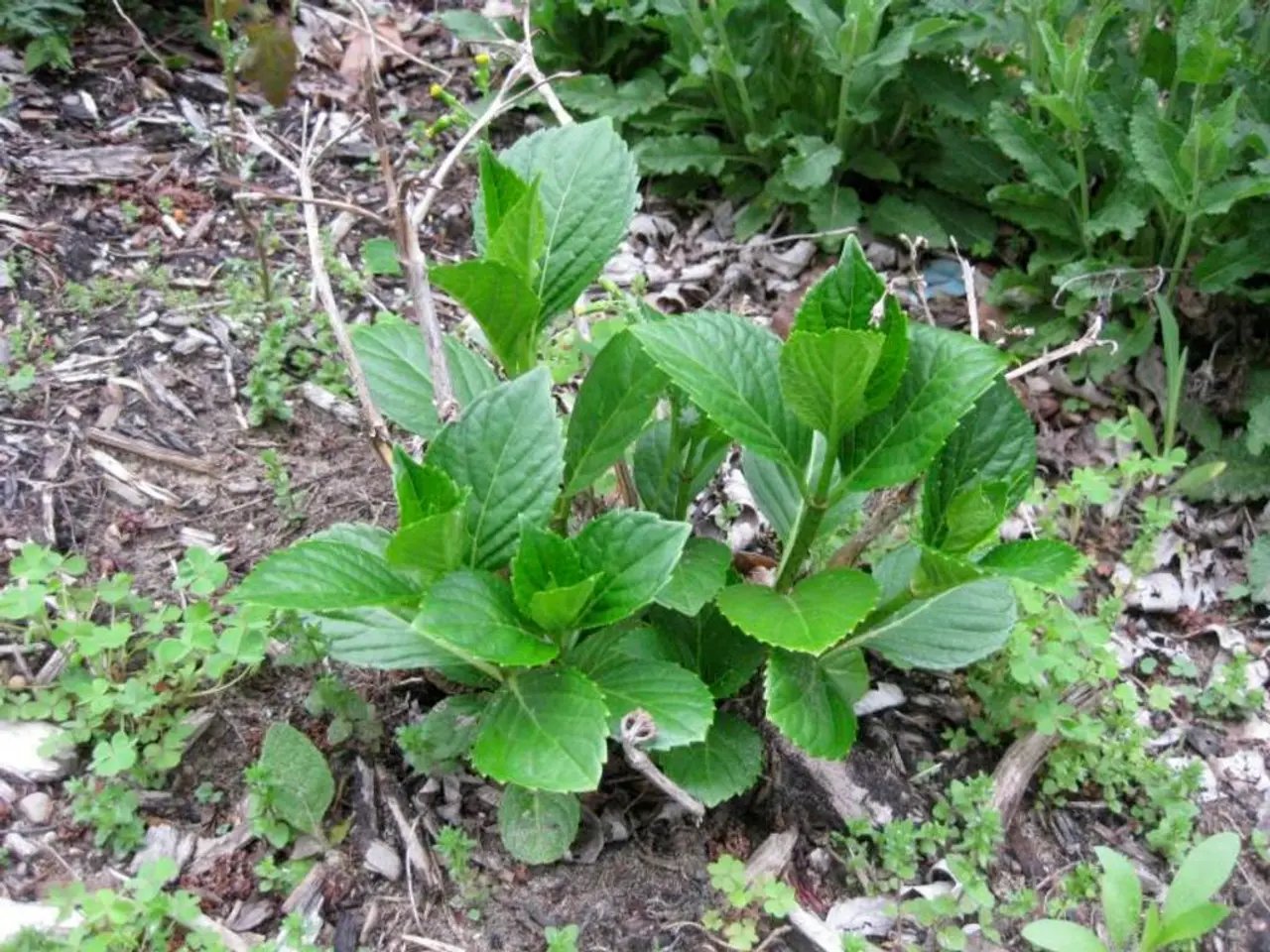Practical Approaches for Nurturing Herbs at Home
=========================================================================
Starting a home herb garden can be a rewarding experience, and with the right knowledge, it's easier than you might think. Here's a guide to help you get started on your organic herb cultivation journey.
Firstly, understanding the soil is key. Herbs thrive in slightly acidic to neutral soil, usually around 6.0 to 7.0 pH. You can test your soil pH levels using a simple soil pH test kit. For herbs like basil, use potting mix designed for herbs, while for cilantro, organic potting soil is recommended. For parsley, all-purpose potting soil is suitable.
Light is another essential factor. Indoor herbs like basil, parsley, and cilantro thrive with at least 6 hours of sunlight daily. Basil, in particular, loves the sun and is perfect for many dishes, especially Italian cuisine. Mint, on the other hand, is a fast-spreading herb that is ideal for beginners, great in drinks and desserts.
Preparing fertile soil with organic amendments is crucial for strong and flavorful herb growth. Organic matter such as compost, aged manure, or worm castings can boost nutrients and microbial activity. Using raised beds can enhance soil control, drainage, and yields compared to in-ground planting.
In pest management, organic methods avoid chemical pesticides. Instead, use companion planting to deter pests naturally and encourage beneficial insects. Natural controls include neem oil, row covers, and fostering garden biodiversity by planting a mix of herbs, flowers, and vegetables.
Watering deeply but less frequently encourages deep root growth and reduces diseases. Morning or late afternoon watering is optimal to reduce water loss from evaporation. Mulching with straw, shredded leaves, or compost around plants helps retain moisture, suppress weeds, and regulate soil temperature.
Remember, many insects are beneficial and contribute to garden health. Regular pruning helps indoor herbs grow bushier, and the soak and dry method is recommended for watering indoor herbs. Mint is perfect for teas and cocktails, while parsley aids digestion and freshens breath. Chives, another flavourful herb, are hardy and adaptable, adding a nice onion flavor to meals.
In summary, effective organic herb cultivation involves preparing fertile soil with organic amendments, using companion planting and natural pest deterrents instead of chemicals, watering deeply and infrequently in the cooler parts of the day, combined with mulching to conserve moisture. This approach promotes healthy, productive herb plants while maintaining an ecologically balanced garden environment.
Happy gardening!
[1] Soil Health [2] Organic Pest Management [4] Watering Techniques for Herbs
- For a high-quality home-and-garden lifestyle, preparing fertile soil with organic amendments like compost, aged manure, or worm castings is crucial to boost nutrients and microbial activity for strong and flavorful herb growth.
- In maintaining a thriving herb garden at home, choosing the right soil type and pH level, such as slightly acidic to neutral soil for most herbs, is essential, and testing your soil with a pH test kit would be a beneficial start.




